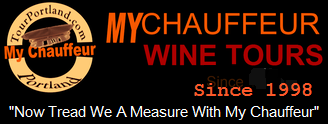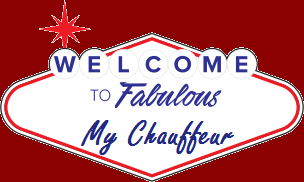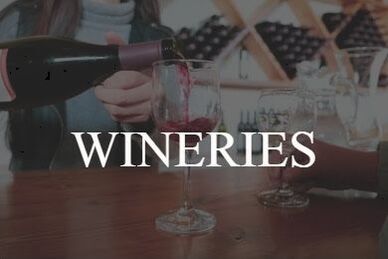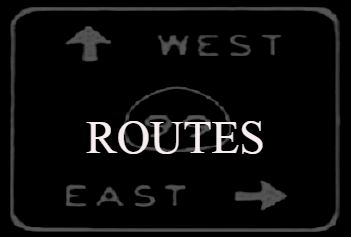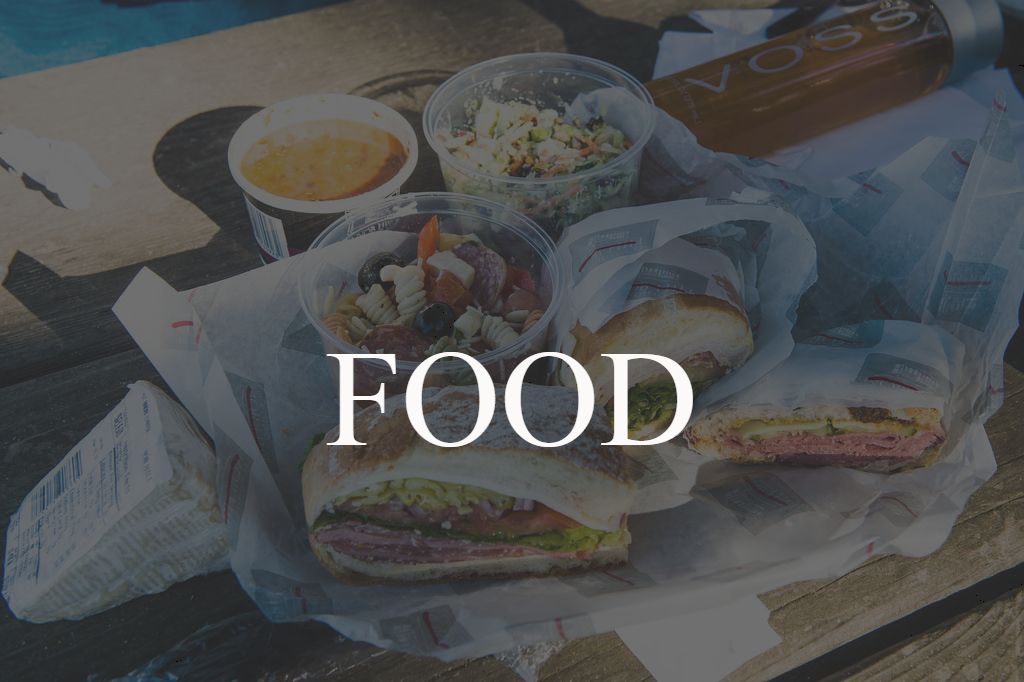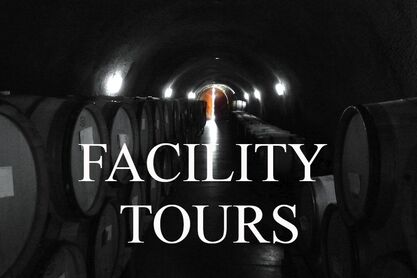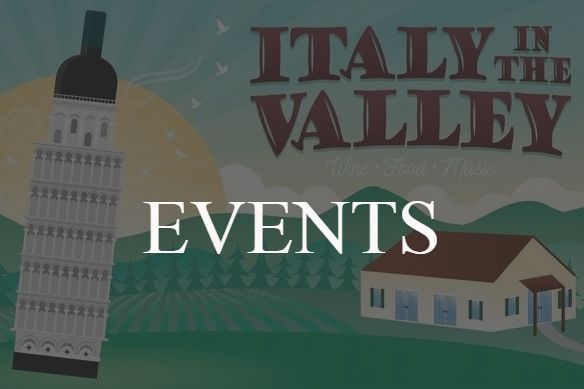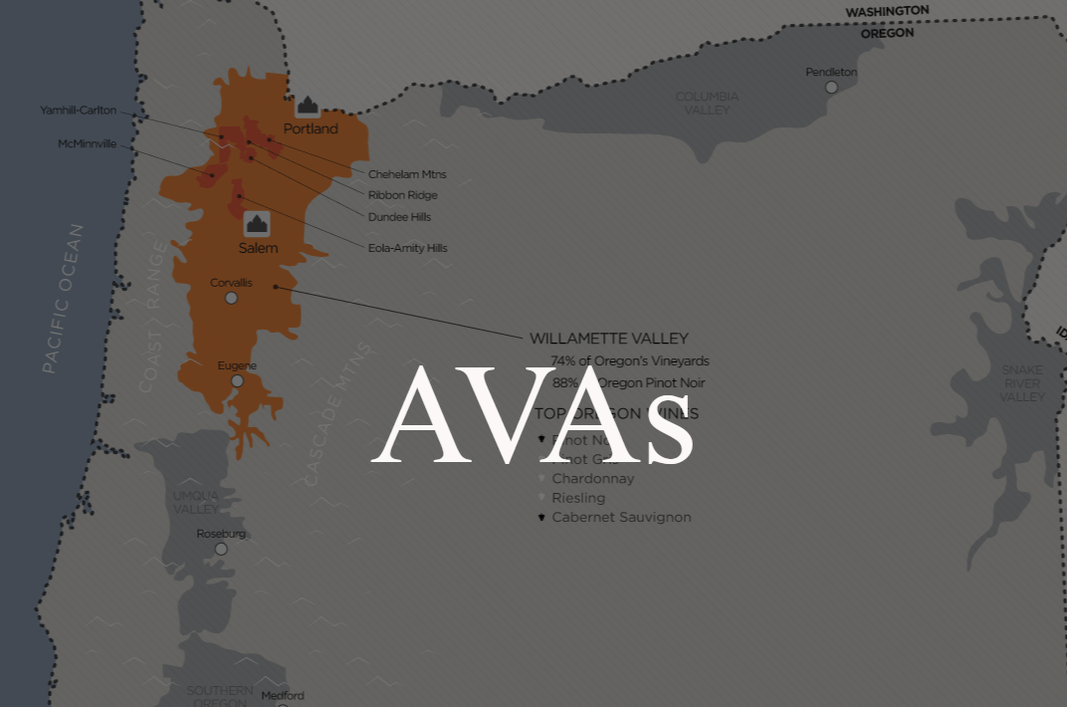Ponzi Vineyards
In their quest for the perfect spot to settle down and make wine, Dick and Nancy Ponzi stumbled upon a newspaper clipping about Richard Sommer growing wine grapes in Southern Oregon. After visiting Sommer and discovering his Pinot Noir, they began exploring Oregon and did many research trips to Burgundy. The Ponzi's moved to the Willamette Valley in the late 60s with a spirit of adventure and a passion for making world class Pinot Noir.
After purchasing a 20-acre parcel in Beaverton, they ordered their Pinot cuttings from California. It was a daring risk – at the time, the Pacific Northwest was not thought to be a place to grow Pinot Noir. There they became acquainted with three other families (the Adelsheim's, the Eraths and the Letts of Eyrie Vineyards) sharing similar plans and dreams for growing Pinot in the Valley. Their first vintage was 1974. The 4 families were instrumental in establishing many of the laws and guidelines about sustainability and organic farming in the Valley.
Pioneer wineries stories abound. From the tale of stringing garden hoses together for irrigation, David Lett chasing birds by pretending his cane was a gun when his propane gun ran out of propane, Monroe chasing stolen wine barrels on Craigslist, Dean fisher of ADEA using his Army experience to build a stemmer and conveyor and the Ponzi's still regard with affection their improvised wine press, prominently on display in Sherwood.
All of Ponzi’s wines display an elegant and sensitive hand at the helm.
END OF PART 1
After purchasing a 20-acre parcel in Beaverton, they ordered their Pinot cuttings from California. It was a daring risk – at the time, the Pacific Northwest was not thought to be a place to grow Pinot Noir. There they became acquainted with three other families (the Adelsheim's, the Eraths and the Letts of Eyrie Vineyards) sharing similar plans and dreams for growing Pinot in the Valley. Their first vintage was 1974. The 4 families were instrumental in establishing many of the laws and guidelines about sustainability and organic farming in the Valley.
Pioneer wineries stories abound. From the tale of stringing garden hoses together for irrigation, David Lett chasing birds by pretending his cane was a gun when his propane gun ran out of propane, Monroe chasing stolen wine barrels on Craigslist, Dean fisher of ADEA using his Army experience to build a stemmer and conveyor and the Ponzi's still regard with affection their improvised wine press, prominently on display in Sherwood.
All of Ponzi’s wines display an elegant and sensitive hand at the helm.
END OF PART 1
MORE ABOUT THE PONZI'S
The Ponzi's were instrumental in establishing many of the laws and guidelines about sustainability and organic farming; for example, Nancy lobbied in 1973 to pass the first legal definition of organic with Oregon Tilth, along with the nation’s earliest ingredient labeling laws. She has also worked to provide health care for vineyard workers, helping create the highly successful ¡Salud! organization, which provides medical services to vineyard worker and their families.
In addition to wine, they also helped establish Oregon’s other major beverage industry: beer. In 1984, they started Bridgeport, the state’s first microbrewery.
Humbly, Nancy recognizes the family was far from alone in creating the foundation on which the Oregon wine industry stands today, “We deeply understand that establishing and maintaining the winery would have been impossible without the contributing talents of individuals, market conditions and the overall environment.”
On their vision for the future of the land and the wine industry in general, she says, “Our responsibility is to make it better. It may sound corny, but this is what we teach our children and grandchildren.”
The Ponzi's were instrumental in establishing many of the laws and guidelines about sustainability and organic farming; for example, Nancy lobbied in 1973 to pass the first legal definition of organic with Oregon Tilth, along with the nation’s earliest ingredient labeling laws. She has also worked to provide health care for vineyard workers, helping create the highly successful ¡Salud! organization, which provides medical services to vineyard worker and their families.
In addition to wine, they also helped establish Oregon’s other major beverage industry: beer. In 1984, they started Bridgeport, the state’s first microbrewery.
Humbly, Nancy recognizes the family was far from alone in creating the foundation on which the Oregon wine industry stands today, “We deeply understand that establishing and maintaining the winery would have been impossible without the contributing talents of individuals, market conditions and the overall environment.”
On their vision for the future of the land and the wine industry in general, she says, “Our responsibility is to make it better. It may sound corny, but this is what we teach our children and grandchildren.”
LG. GROUPS
"Thank you for thinking of Ponzi Vineyards. I would be delighted to host your large group for a wine tasting experience. We would consider this size group more of an event (8+ PPL), however, so our pricing structure changes from our normal $15 per person tasting fee to $30.00 per person, as we would require separate staffing and set up for this size group.
We offer case discounts on purchase of 10% off. Let me know if you have any questions or wish to make a reservation with us. I look forward to your response."
"Thank you for thinking of Ponzi Vineyards. I would be delighted to host your large group for a wine tasting experience. We would consider this size group more of an event (8+ PPL), however, so our pricing structure changes from our normal $15 per person tasting fee to $30.00 per person, as we would require separate staffing and set up for this size group.
We offer case discounts on purchase of 10% off. Let me know if you have any questions or wish to make a reservation with us. I look forward to your response."
